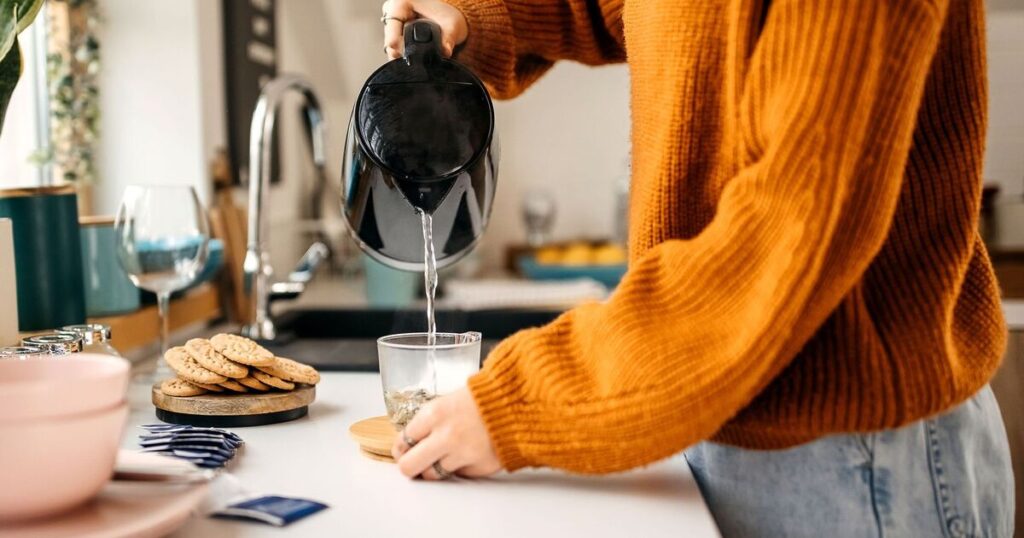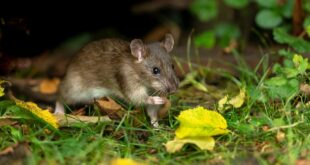
As the UK’s weather takes a turn this weekend, tea drinkers across the nation are rejoicing, with barometer-busting high air pressure creating the perfect conditions for a superior cup of tea.
The unusually high atmospheric pressure, reaching close to 1051 millibars – the highest recorded in 93 years – has made kettles boil at 101°C, four degrees higher than during recent storms, improving the flavour of Britain’s favourite drink.
Over the weekend, Britons consumed a staggering 250 million cups of tea, an average of five per adult, as the nation embraced the ideal brewing conditions.
Tea experts and meteorologists alike have highlighted how the phenomenon has impacted the quality of a good cuppa.
Meteorologist Marco Petagna explained: “The boiling point of water rises with air pressure, which allows for better brewing of tea. This explains why tea doesn’t taste as good on airplanes, where lower pressure reduces the boiling point.”
Tea connoisseurs have chimed in to confirm the science behind the improved flavour. Claire Ayres, a brewer at Twist Teas, said: “Black teas taste best brewed in water that’s freshly boiled.
“The higher temperature extracts a more robust flavour.”
Similarly, Leaf Tea Shop experts added: “Hotter water brings out the thick, balanced structure of black tea, enhancing the infusion.”
This weekend’s high-pressure system, a sharp contrast to the low-pressure chaos of Storm Eowyn at 941 millibars, has reignited the nation’s love for tea.
During Storm Eowyn, kettles boiled at just 97°C, resulting in less satisfying brews.
With tea drinkers rallying to take full advantage of the unique weather conditions, the UK’s tea boom is in full swing.
Whether it’s a builder’s brew or a fine Earl Grey, there’s never been a better time to put the kettle on and savour Britain’s most beloved beverage.
So, grab your favourite mug and enjoy this tea-drinking golden age while it lasts, as the weather makes our cups of tea taste better.
 Latest World Breaking News Online News Portal
Latest World Breaking News Online News Portal






